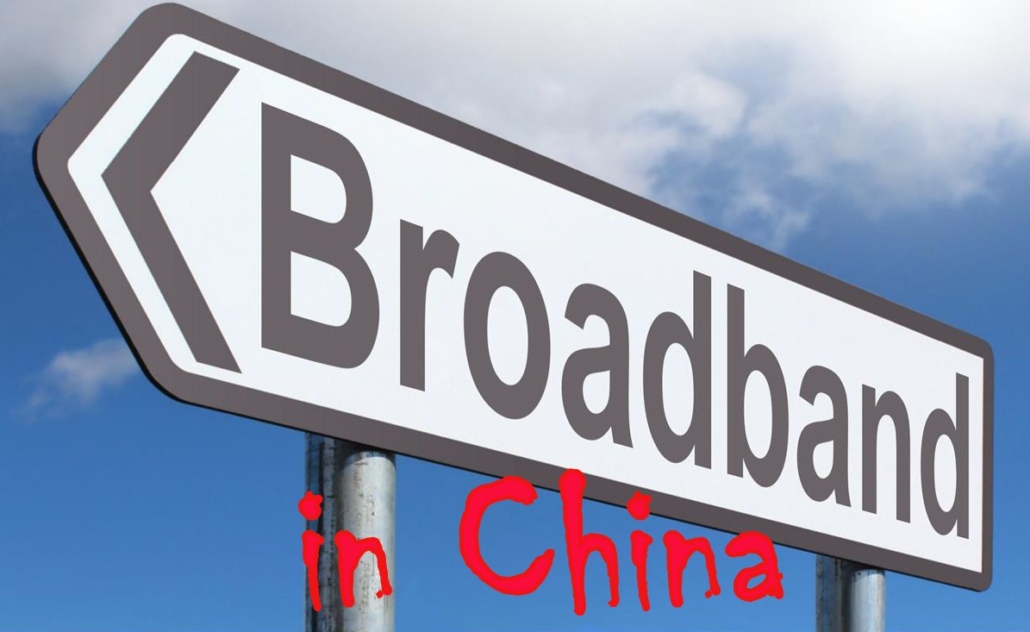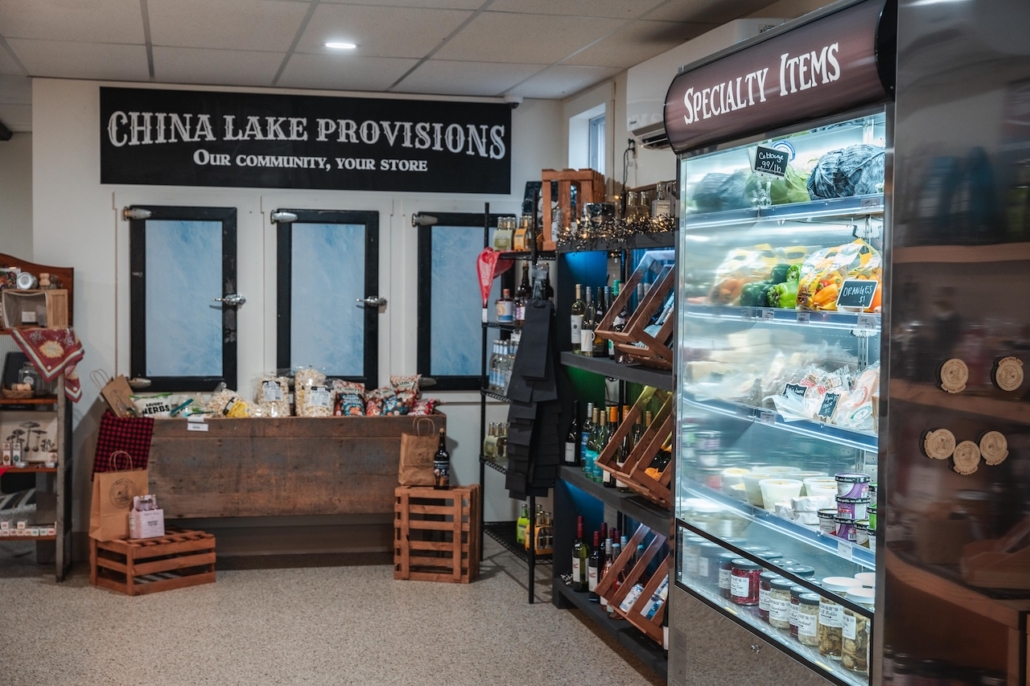China Broadband Committee (CBC) members enthused about new expansion possibility
 by Mary Grow
by Mary Grow
CHINA, ME — China Broadband Committee (CBC) members are enthusiastic about a new possibility for expanding internet service in China, and so are officials at the possible providers, the Unity-based telephone and communications company Unitel.
However, both parties emphasized during an April 6 discussion that nothing is guaranteed, and that financing is likely to remain a challenge.
They plan to meet together again at 4 p.m. Wednesday, May 4, in the former portable classroom behind the China town office.
Unitel was acquired in March by a company called Direct Communications, based in Rockland, Idaho. The web says Rockland had a population of 246 in 2019 and is currently estimated to have 277 residents.
Unitel’s Director of Internal/External Support, Jayne Sullivan, told CBC members that Direct Communications is a third-generation family-owned business, similar to Unitel, which was founded in 1902. Recently, she said, Direct Communications has been buying small companies like Unitel all over the country and helping them expand their broadband offerings.
Sullivan said Unitel officials welcome backing from Direct Communications. Unitel’s first fiber was installed in 2015, Director of Network Operations Michael Akers said.
Unitel and Direct Communications are working with other area towns. Some, like China, are beginning discussion, while some are drawing close to agreements. Akers said nine other towns are ahead of China.
Competition would not necessarily delay work in China if the town and the company reached an agreement and China officials and voters endorsed it. “We’re pretty nimble; we get a lot done quickly – sometimes,” Akers said with a smile.
Consensus was that the first step is for Akers and/or Lead Communications Technician Scott Turgeon, who also attended the April 6 meeting, to survey China to see what infrastructure is available and what is needed. Planning the survey involved discussion about ground-clearance requirements for wires on utility poles.
The new information, combined with results of the Hawkeye Connections survey in the summer of 2021 and other information CBC members have collected, will lead to a cost estimate. Akers intends to forward Hawkeye’s information to Direct Communications engineers in Idaho for analysis.
Financing was a major discussion topic. CBC members’ goal is to provide service to everyone in town who wants it without asking China taxpayers to pay part of the bill.
Funding options include China Tax Increment Financing (TIF) money (the revised TIF plan allocates $30,000 a year to broadband for the next 10 years); American Rescue Plan Act (ARPA) and other federal funds sent to the State of Maine, Kennebec County and the Town of China; and grant programs.
Most federal and state programs benefit areas that lack any service, or adequate service, and by many initial definitions of terms like “unserved” and “underserved,” China is considered adequately served. However, John Dougherty from Mission Broadband, the CBC’s consulting firm, said definitions are changing, in ways that might make China more grant-eligible.
Akers said Unitel works with Mission Broadband in other towns; he is pleased to work with them in China. He called Dougherty “the guy for the grants.”
Responsible journalism is hard work!
It is also expensive!
If you enjoy reading The Town Line and the good news we bring you each week, would you consider a donation to help us continue the work we’re doing?
The Town Line is a 501(c)(3) nonprofit private foundation, and all donations are tax deductible under the Internal Revenue Service code.
To help, please visit our online donation page or mail a check payable to The Town Line, PO Box 89, South China, ME 04358. Your contribution is appreciated!





Leave a Reply
Want to join the discussion?Feel free to contribute!